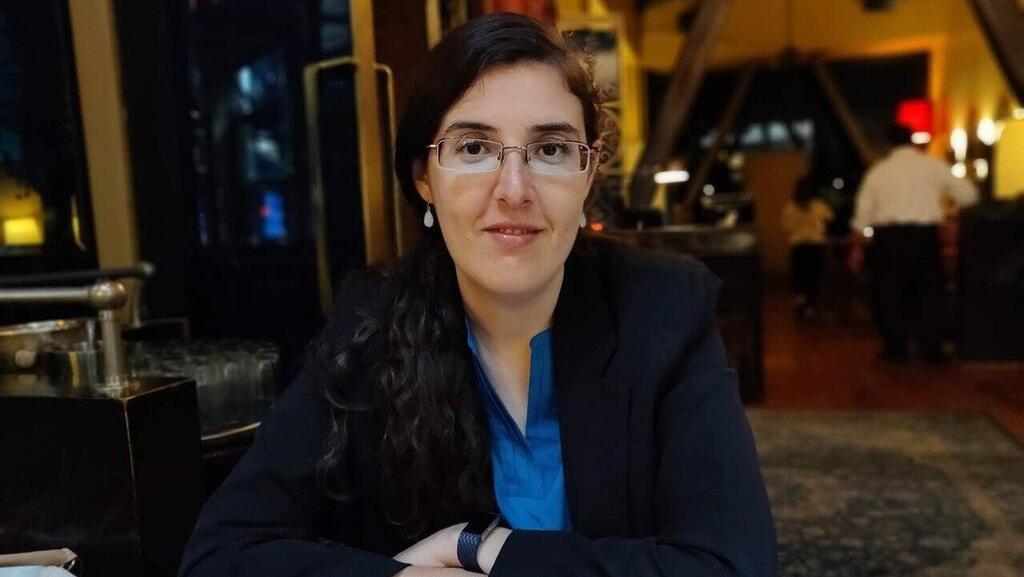"You really don't have to," I said to Elizabeth Tsurkov about a decade ago, when she came to my home for the first time, frantically placing a bag of cheese cookies on my table and instructing me to "have it with my black coffee."
More stories:
Since then, we have met every time she came to Israel, about two or three times a year. Our conversations were always business-related, without idle chatter. There was no room for "How are you?" or "How's life?" with her. Only work matters.
Initially, she wanted to improve her knowledge of the Arabic language, and I would go to a newsstand in Jaffa to purchase reading materials for her. First and foremost, I insisted that she learn to read newspaper headlines, so at the very least she would know what the atmosphere was like in the places she wanted to visit.
Later on, Elizabeth shared her grand plan with me: In the first stage, she would enter Kurdistan, where she could enter with any passport, especially easily with her handy Russian passport, which she referred to as her "entry ticket to forbidden countries." On her second visit to Kurdistan, she took it a few steps further, hiring a taxi to take her to Baghdad. Afterward, she also traveled to Syria. She planned to dedicate her doctoral research to civil society in Syria and debated whether to join human rights organizations or present herself as a university researcher.
"I have no problem," she explained to me time and time again. "I leave my Israeli passport in Europe or in the United States and travel with my Russian documents. No one raises an eyebrow or asks questions."
Elizabeth asked me for names, addresses and phone numbers of my far-away friends. Once, I dared to raise my voice at her and ask, "Aren't you afraid?" I explained to her that there are no secrets today, computers expose everything and information is readily available. Someone could uncover her Israeli identity and her not-so-brief stays in Israel.
Elizabeth said she doesn't have time to fear. "I believe strongly in legwork, going out into the field to have conversations with the locals. And I have to tell you," she continued in the same resolute tone, "that they receive me with open arms."
From time to time, she would publish, alongside descriptions of her journeys, pictures with women in Syria and Kurdistan. She always appeared smiling and content. Upon her return, she published her insights and a plethora of experiences she had in newspapers - in Yediot Ahronot, and in media outlets in London and the United States. None of her publications concealed even the slightest hint that someone might consider uncovering her Israeli identity. Over time, I also discovered in our conversations that her Arabic had improved remarkably.
But in March, despite her impressive Arabic and handy Russian citizenship, Elizabeth was kidnapped. For four months now, she has been held captive by the pro-Iranian Shiite militia, Kataib Hezbollah. I think of her often and hope that she will soon return to my apartment, healthy and whole, with a bag of cheese cookies in her hand, ranting about the next destination she plans to visit.


